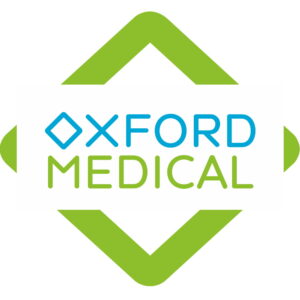
The private medicine market in Ukraine continues to show growth despite the war and economic challenges. According to experts, the private sector is increasingly competing with state institutions, forming new standards of quality and service.
“We see that Ukrainians have started to invest more in health. If in the 2000s private medicine was perceived as an addition to state hospitals, now it is a full-fledged alternative”, – said the director of Oxford Medical network Tetyana Sidorova.
According to Pro-Consulting, before the war, the share of private medicine was about 10-15%. However, the COVID-19 pandemic and then military conditions accelerated the transformation. The development of telemedicine, the expansion of networks in bedroom communities and the emergence of highly specialized areas were key factors in strengthening the market position.
Oxford Medical is the largest network of multidisciplinary medical centers in Ukraine, founded in 2005. The network unites dozens of branches in different regions, providing a full range of medical services: from outpatient appointments and laboratory diagnostics to surgery, dentistry and inpatient care.
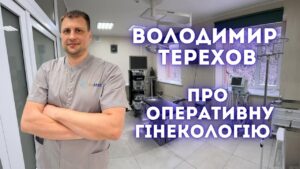
A new interview has been published on the Experts Club YouTube channel with leading Ukrainian obstetrician-gynecologist, Doctor of Medical Sciences Volodymyr Terekhov, focusing on key challenges and trends in modern gynecology. The physician, with over 15 years of experience, shares his observations on women’s health, diagnosis and treatment of gynecological diseases, as well as prospects for the development of the field in Ukraine and worldwide.
Main topics discussed
• Late diagnosis issues: According to Terekhov, up to 70% of patients seek medical help only at advanced stages of illness, including cancer, inflammatory, and hormonal disorders.
• Reproductive health: Special attention is given to declining fertility among young women, a growing trend linked to lifestyle, stress, and hormonal imbalances.
• Role of prevention: The guest emphasizes that regular check-ups and screenings (such as cytology and ultrasound) are effective early detection tools for diseases like cervical and ovarian cancer.
• Technological advancement: The conversation also covers progress in minimally invasive surgery, laparoscopy, and new diagnostic methods.
In Ukraine, according to the Ministry of Health and international NGOs, one in three women of reproductive age faces a gynecological condition — from fibroids to endometriosis. Around 4,500 cases of cervical cancer are diagnosed annually, making it one of the most common cancers among women in the country.
Globally, according to WHO, gynecological conditions affect every second woman over 30. Cervical cancer claims more than 300,000 lives annually despite the availability of vaccination and screening. Endometriosis affects up to 10% of women of reproductive age, and infertility affects one in seven couples.
Dr. Volodymyr Terekhov notes that the future of gynecology lies in the integration of new technologies, a multidisciplinary approach, patient education, and digitalization of healthcare. However, this requires investment, reforms, and state support.
Watch the full interview on the Experts Club YouTube channel:
https://www.youtube.com/watch?v=dOh20BZmI9g
Subscribe here:
https://www.youtube.com/@ExpertsClub

Metinvest Group, together with the administration and the Defense Council of Kryvyi Rih, has focused its efforts on major projects to renovate the city’s healthcare facilities, according to a press release citing Igor Toniev, CEO of United Mining and Processing Plant (UMPP).
“The largest project currently being implemented by Metinvest is the overhaul of the buildings of the polyclinic and X-ray department of Kryvyi Rih City Hospital No. 3. The company has allocated almost UAH 125 million for this large-scale work. This month, the overhaul of the main inpatient building of City Hospital No. 7 is scheduled to begin. Metinvest is allocating UAH 61.6 million for the development of project documentation, general construction, roofing, and facade work,” said the top manager.
At a meeting between Metinvest Group management and the head of the City Defense Council, Oleksandr Vilkul, it was noted that the project to overhaul the third hospital began in 2023, with funding from both Kryvyi Rih and Metinvest. Equipment for X-rays and fluorography was purchased with funds from the local budget. Also, the second and third floors of the polyclinic will be renovated at the expense of the city. As part of the project to overhaul the polyclinic of the third hospital, the group undertook the construction work and modernization of the first floor, the X-ray department, and the construction of a shelter for 350 people.
Vilkul stated that the city is actively implementing a large number of projects in the field of medicine. In particular, there is one large-scale project that is starting – the reconstruction of Hospital No. 7, which is the main cluster institution for the northern part of the district, Zhovti Vody, and the surrounding villages. The project involves the renovation of the main inpatient department. The project is being financed from three sources: the city budget, a grant won in a competition organized by the Ministry of Infrastructure (this will be co-financed by the European Investment Bank through the Ministry of Infrastructure), and funds from Metinvest.
“By joining forces, we are implementing a medical project that is important for the community,” Vilkul stated.
Metinvest is a vertically integrated group of mining and metallurgical companies. Its enterprises are located in Ukraine, in the Donetsk, Luhansk, Zaporizhia, and Dnipropetrovsk regions, as well as in the European Union, the United Kingdom, and the United States. The main shareholders of the holding company are SCM Group (71.24%) and Smart Holding (23.76%). Metinvest Holding LLC is the managing company of the Metinvest Group.

In the winter of 2025, Vertex Pharmaceuticals presented the results of the first large-scale study (phase I/II) of zimislecel (formerly VX-880), a stem cell-based drug. This experimental treatment aims to restore the cells of the islets of Langerhans in the liver of patients.
The trial involved 14 patients with severe type 1 diabetes and hypoglycemia detection disorders. All participants received a single infusion of zimislecel into the hepatic vein and initial immunosuppressive therapy without glucocorticoids. According to data from one year, 10 out of 12 completely stopped insulin injections, becoming insulin-independent, while the remaining two patients reduced their insulin dose by 92% on average. All participants normalized their HbA1c levels (<7%) and spent more than 70% of their time in the glycemic range of 70-180 mg/dL.
Side effects:
• Neutropenia was observed in 3 patients;
• Two fatalities were recorded: one from cryptococcal meningitis (off-protocol), the other from severe cognitive pathology unrelated to treatment.
The discontinuation of insulin therapy in 83% of participants is a very significant achievement, indicating the possibility of restoring endogenous insulin secretion. The American Diabetes Association (ADA) called the data “unprecedented” after three stages of presentation at the ADA-2025 conference in Chicago.
However, it should be noted that the study was small (12–14 participants) and short (12 months); large-scale control experience is needed. Data on long-term efficacy, safety, and commercial affordability are not yet known.
Phase III has now begun, with approximately 50 patients expected to participate. The next results are expected at the end of the year, after which the FDA application process will begin.
The drug is positioned as a breakthrough “functional remission” for a group of patients with severe diabetes and a tendency to hypoglycemic events. If its effectiveness is fully confirmed, it will be a global revolution in the treatment of type 1 diabetes.

Private healthcare facilities are ready to work under the Medical Guarantee Program (MGP) and propose to revise approaches to the formation of certain packages for the MGP, which will reduce the cost of medical services and optimize budget expenditures.
This was stated by members of the Association of Private Medical Institutions (APMI) at a press conference at Interfax-Ukraine on Thursday.
Mykola Skavronsky, deputy director general of the Cinevo medical laboratory, noted that the laboratory has not stopped working since the beginning of the war, despite the fact that in 2022 Cinevo lost more than 30 branches in different regions.
“It’s quite a shame to see that recovery programs exist only for state or municipal medicine. This completely ignores the fact that private medicine also suffered from the war. But, unlike the state and municipal ones, all private providers are recovering and continue to work with their own or credit funds, not with budget funds and without assistance,” he said.
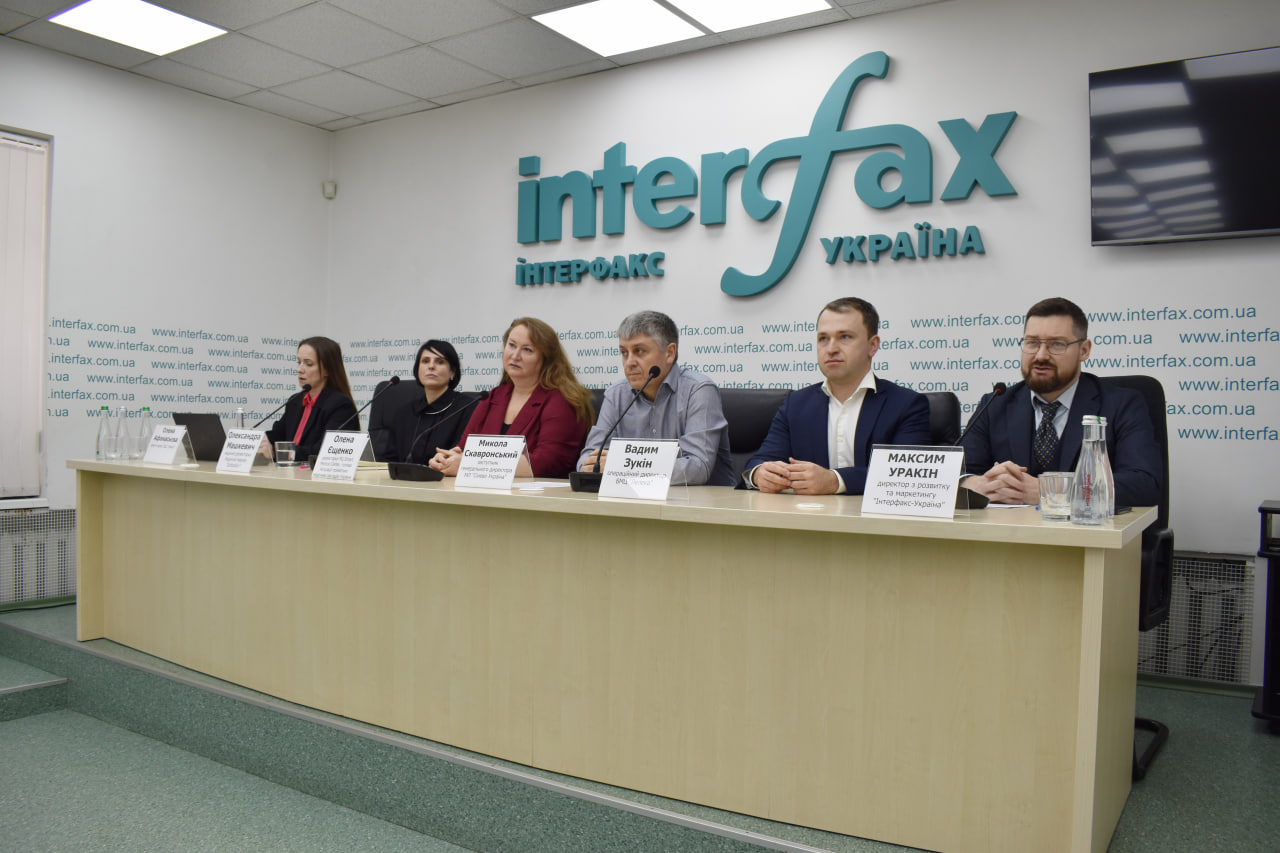
Commenting on the first experience of Cinevo’s cooperation with the NHSU in 2024, Skavronsky noted that the laboratory’s entry into the PMG “became a kind of spotlight that highlighted the situation with the laboratory industry in Ukraine as a whole.”
“I can say that the state does not know and does not understand the real need of doctors and patients for laboratory diagnostics. Now it is believed that laboratory diagnostics are needed as much as they are ordered, not as much as they are needed. Cinevo’s cooperation with the NHSU has revealed the fact that there is simply a huge unrealized demand for laboratory diagnostics in Ukraine, in March last year alone, we performed almost 730 thousand tests for 72 thousand people, and we saw that of these people who came to us for PMG, two-thirds were new people,” he said.
Skavronsky noted that at basic prices, Cinevo performed tests for about UAH 528 million, at prices, the cost of tests was about UAH 200 million, while the NHSU paid UAH 44 million for them.
“We asked the NHSU to create a laboratory package that would be transparent and clear, where it would be clear what tests and, most importantly, which doctors can prescribe them and in what quantity. Because it turned out that there were no restrictions at all, doctors prescribed tests that should not have been prescribed. It is not the laboratory that should decide what to do and what not to do, there should be a system that simply does not allow prescribing something wrong,” he said.
According to Skavronsky, one of the most popular tests funded by the budget in 2024 was vitamin D tests, of which the laboratory performed about 100 thousand.
“I don’t think Ukraine is such a rich country to cover vitamin D tests in such volumes at the expense of taxpayers. But doctors prescribe them. Why doctors prescribe them is a bigger question for doctors and pharmaceutical companies,” he emphasized.
Skavronsky also emphasized that the implementation of the proposals developed by the laboratory allowed “not only not to increase the tariff, but even to reduce it.”
“As a private laboratory, we would be ready to work with tariffs that are 15% lower, but subject to clear criteria. In recent years, we have heard that money follows the patient, but over the past year, especially in the first quarter, we have seen that money does not follow the patient,” he said.
For his part, Vadym Zukin, Chief Operating Officer of the Leleka Multidisciplinary Medical Center, reminded that Leleka is the only medical center in Ukraine that has international JCI accreditation, and the clinic received its latest confirmation at the end of 2024.
“Literally two months before the full-scale invasion began, the Minister of Health and his deputy came to us and we discussed how these standards could be implemented for other market players. But now it seems that the state is sailing its own ship, and we are trying to catch up with the Ministry of Health and convince it of something,” he explained the situation.
Zukin emphasized that “the state should realize that it is more profitable for it to become a purchaser of medical services rather than a provider and not to invest in fixed assets, since private companies already have these funds.”
He also suggested that the NHSU should enter into longer-term contracts for participation in the PMG.
“Currently, certain PMG packages will have three-year contracts, which is better than one year, but it means nothing, because in Europe and the US they think in terms of seven years, 10 years, 15 years,” he said.
Zukin believes that “now the reform has started to move a little bit in the opposite direction from the notion that money follows patients, and I would like to bring it back in the right direction.”
For her part, Oleksandra Mashkevych, medical director of the Dobrobut medical network, noted that the network is a major taxpayer, employing 3,000 people, including 1,300 doctors. At the same time, 131 employees have been mobilized from Dobrobut and the clinic continues to pay their salaries.
“We are recognized by the Ministry of Health as critical infrastructure. In 2024, we invested almost UAH 0.5 billion in our development, most of which was spent on our energy efficiency. I would like to note that investments in energy efficiency in state and municipal institutions are not made at their own expense, but at the expense of the state or donors or sponsors. We do it on our own,” she said.
At the same time, Mashkevych emphasized that Dobrobut’s cooperation with the NHSU is “quite interesting.” In particular, the clinic has been contracted for a package of assisted reproductive technologies, under which 300 patients have completed treatment cycles and almost 45% of women have already confirmed pregnancy status.
“The tariff for this service was too low for us, we worked in the red, realizing that we were lending a hand to the state, in fact, we gave the state the opportunity to use our facilities to provide free medical services. We had long rounds of negotiations with the NHSU, the Ministry of Health, and the Ministry of Finance, and they heard us and increased the tariff. This tariff does not cover all our expenses, but we continue to work with it,” she said.
Commenting on the plans to work with the NHSU, Mashkevich noted that Dobrobut plans to expand its participation in the UHI-2025 and is waiting for the NHSU’s decision on contracting for new packages.
At the same time, Mashkevych called it a positive decision to allow private institutions to use the state unified portal of medical vacancies launched by the Ministry of Health.
The press conference was organized by the Interfax-Ukraine agency and the Association of Private Medical Institutions.
Afanasieva, Bereznitsky, CLINIC, MASHKEVYCH, MEDICINE, Ministry of Health, Skavronsky, URAKIN, Yeshchenko, Гавриченко, Зукін
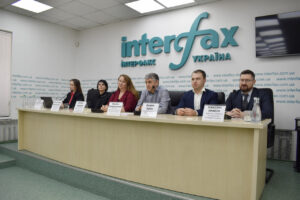
The Ministry of Health continues to impede the entry of private clinics into the medical guarantees program and creates discriminatory conditions for their participation in the single medical space.
This opinion was expressed by members of the Association of Private Medical Institutions (APMI) at a press conference organized jointly with Interfax-Ukraine on Thursday.
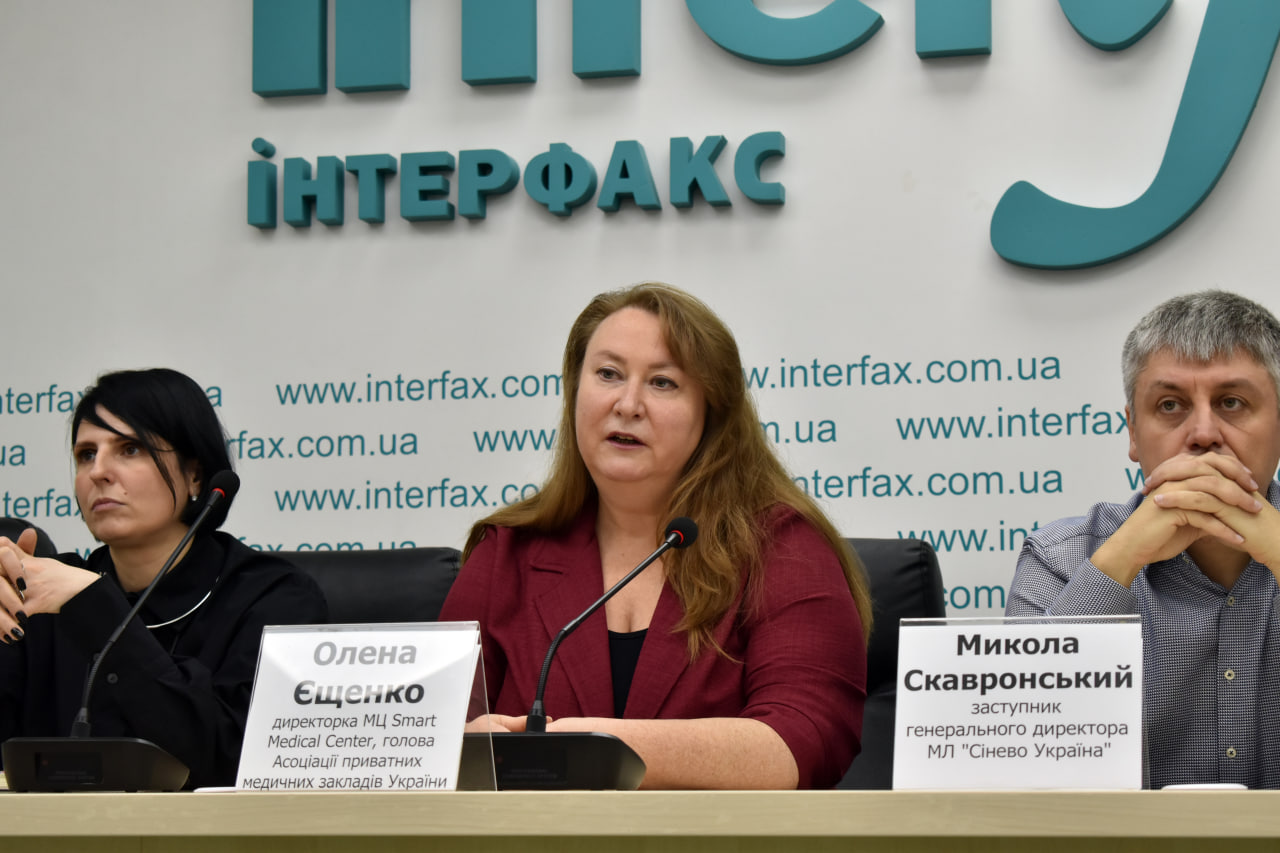
“We have tried many times to reach a dialogue with the relevant ministry, but, unfortunately, we have been ignored in all formats – official, unofficial, absolutely in all. Therefore, we were forced to send an open letter. It is unfortunate that the Ministry of Health demonstrates its intention to continue ignoring us and our problems. This is evidenced, in particular, by the regulatory documents approved after our appeal,” said Olena Yeshchenko, director of Smart Medical Septeg, chairman of the APMZ.
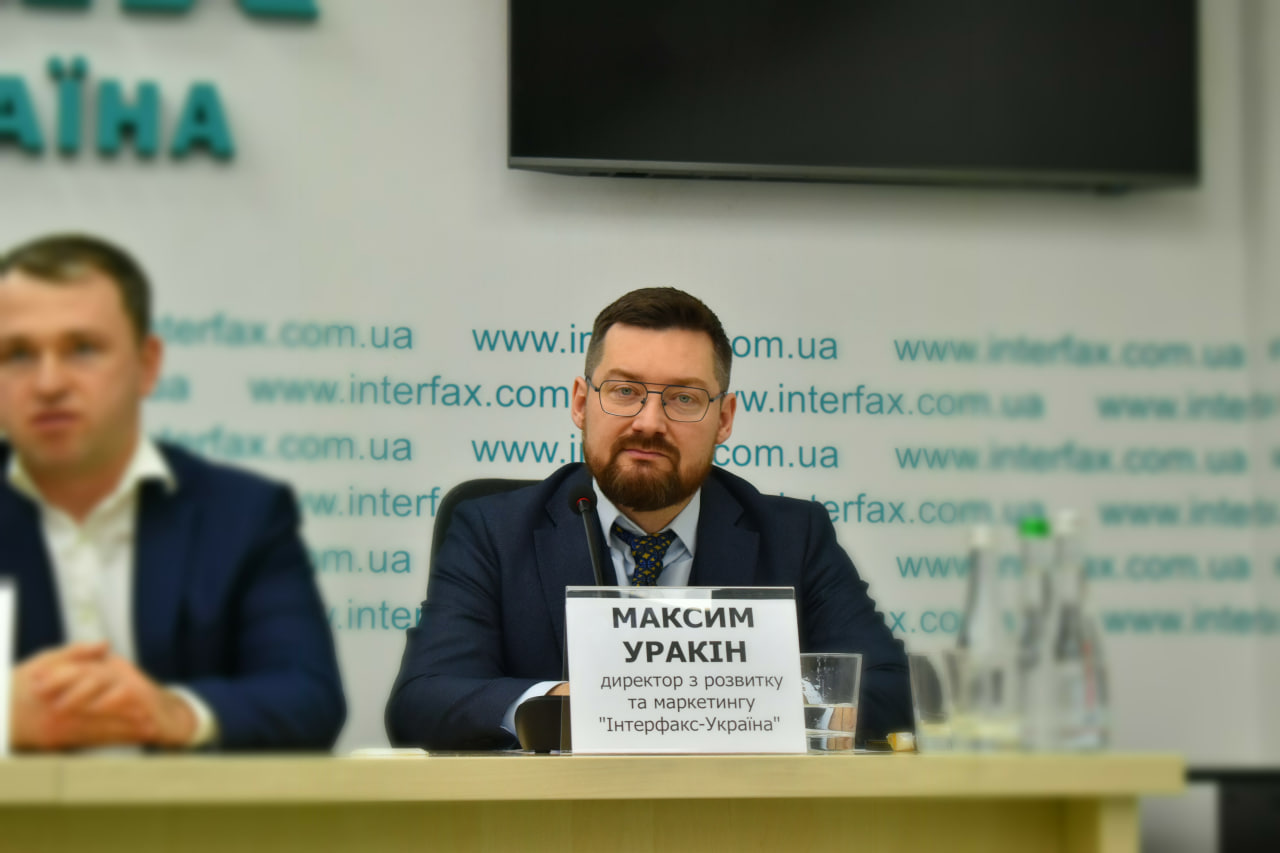
She explained that the regulations put private clinics in a non-competitive position with state or municipal healthcare facilities. “They create artificial obstacles aimed at removing large private providers, healthcare providers from the system, which ultimately leads to unnecessary spending of public funds and their misuse,” she said.
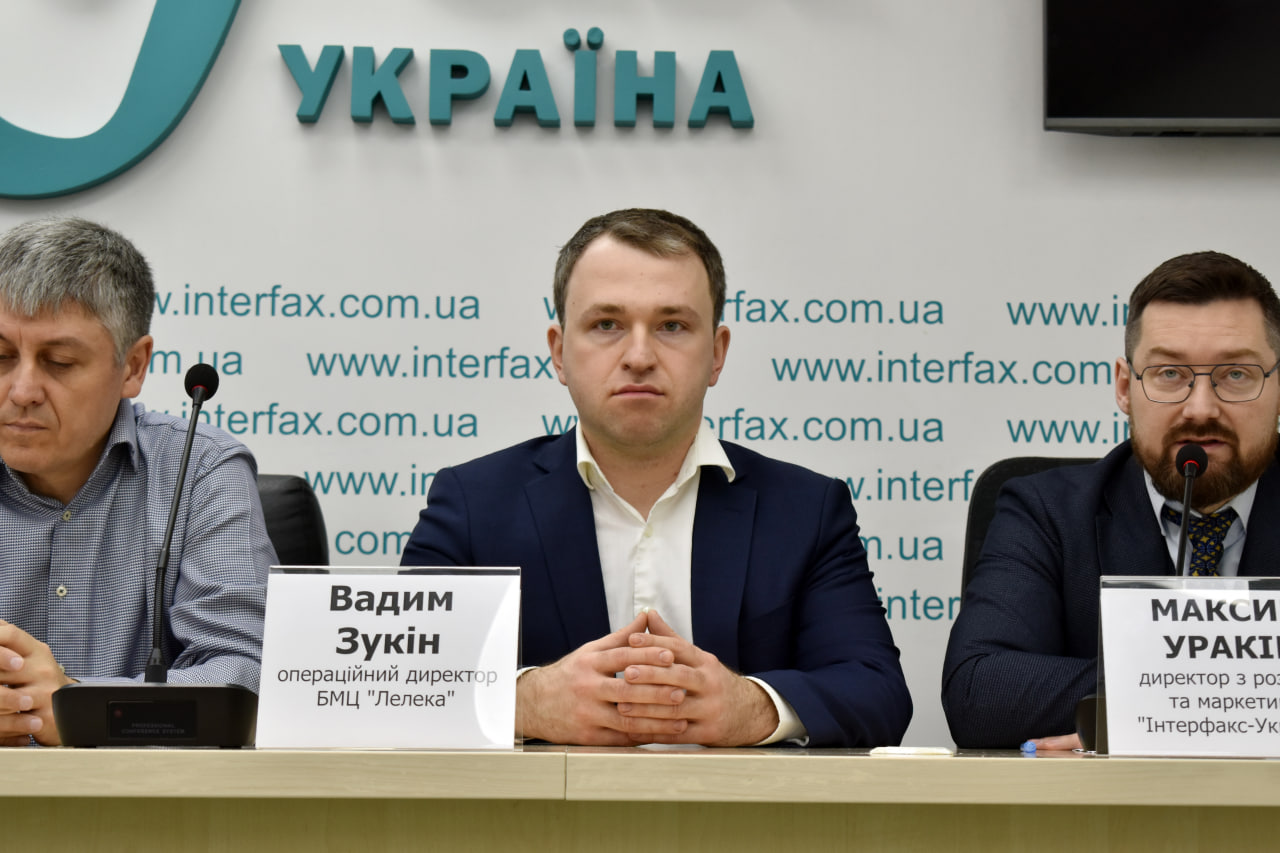
According to Ms. Yeshchenko, these are the requirements of the Primary Healthcare Program 2025, which relate, in particular, to the requirements for laboratory tests, as well as the introduction of reduction coefficients for private clinics when paying for medical services provided under the Primary Healthcare Program, as well as requirements that make it impossible to include private institutions in a capable network, etc.
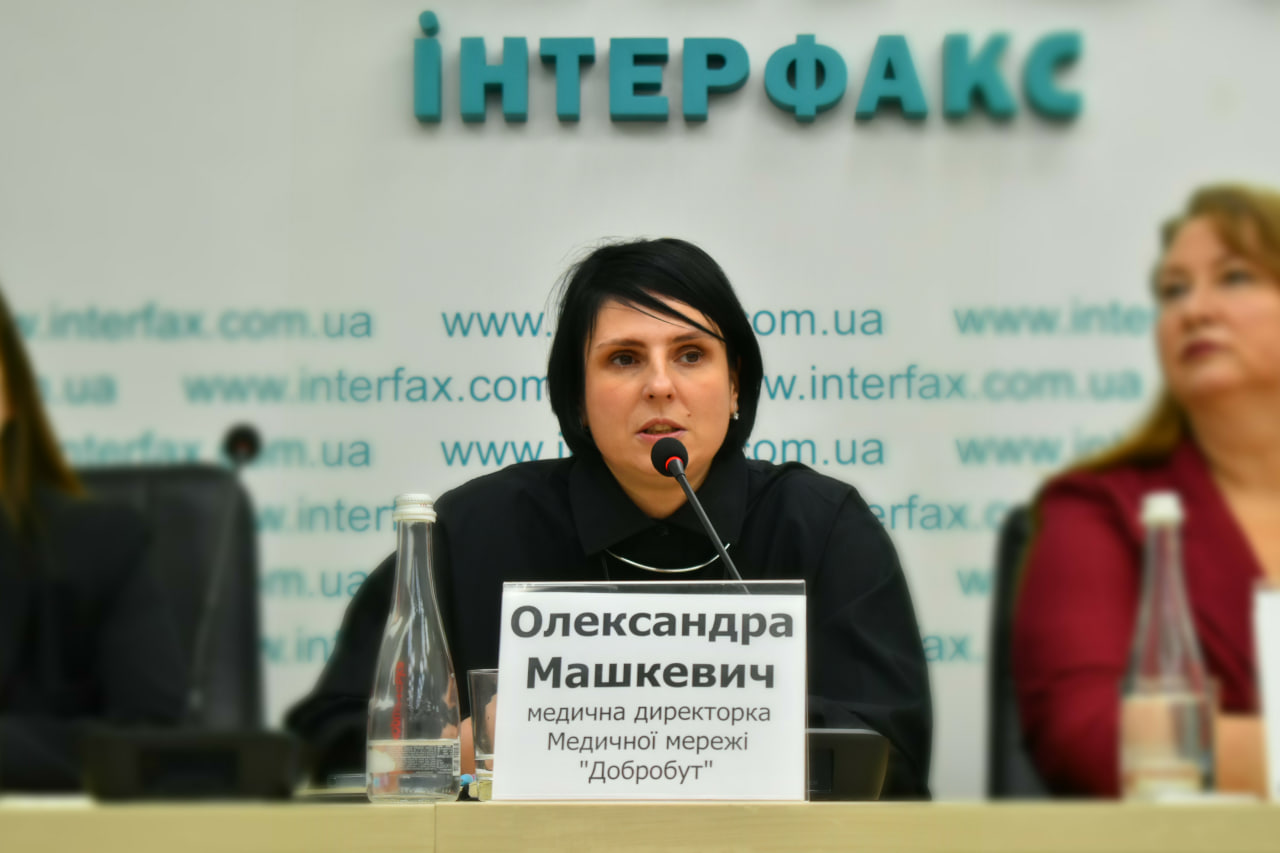
She emphasized that the issue of booking medical staff is becoming especially relevant for private clinics. “We are talking about a number of very serious discriminatory issues, for example, when it comes to booking medical staff. Even after our appeal, the government approved a 100% quota for booking medical staff for state and municipal institutions, but this is not provided for private institutions, although many private clinics continue to operate and provide medical care to the military and the wounded at their own expense,” she said.
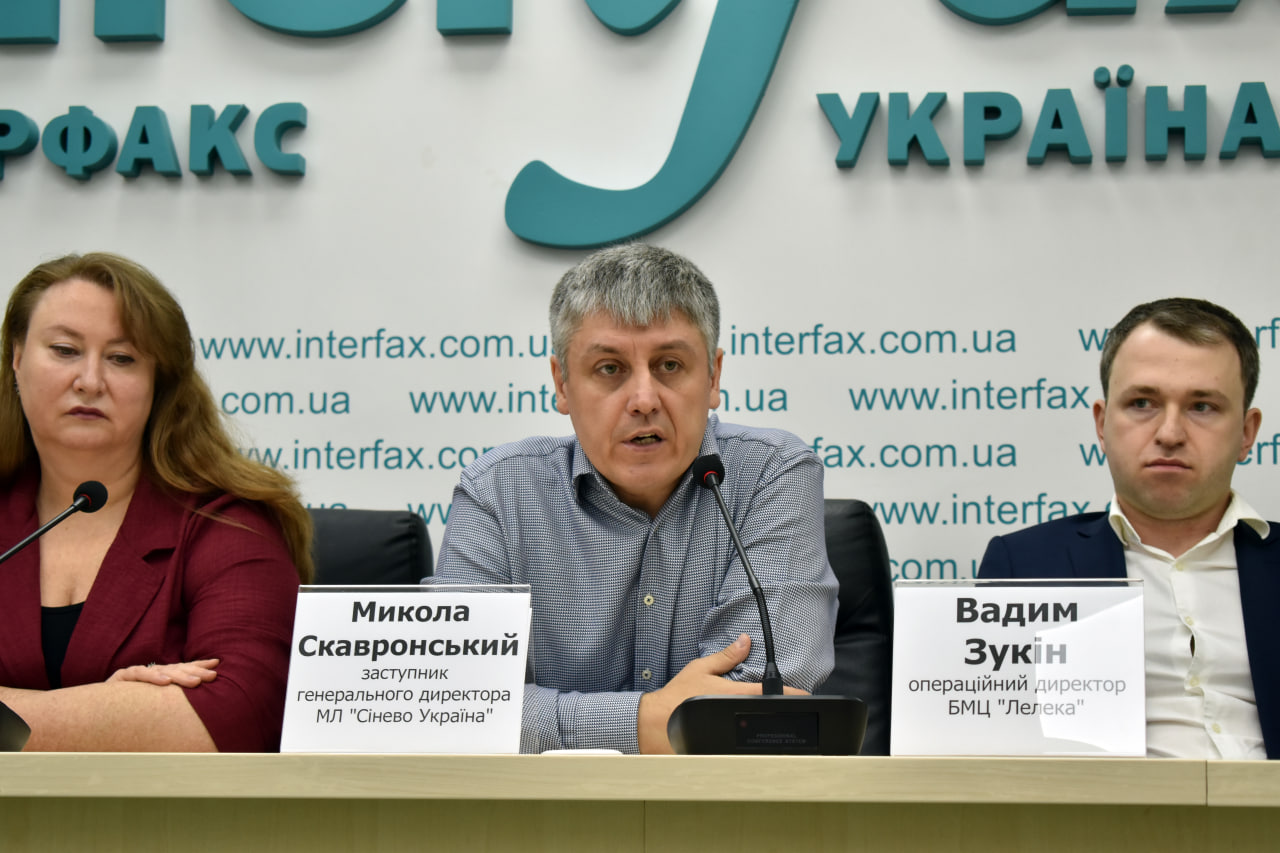
“Thus, in our opinion, a rather corrupt component is being implemented, which contributes to the outflow of medical workers from private medicine to state and municipal institutions,” emphasized Yeshchenko.
According to her, there is currently a problem of communication on this issue between the Ministry of Economy and the Ministry of Health. “In fact, the two ministries are trying to play football with each other,” she said.
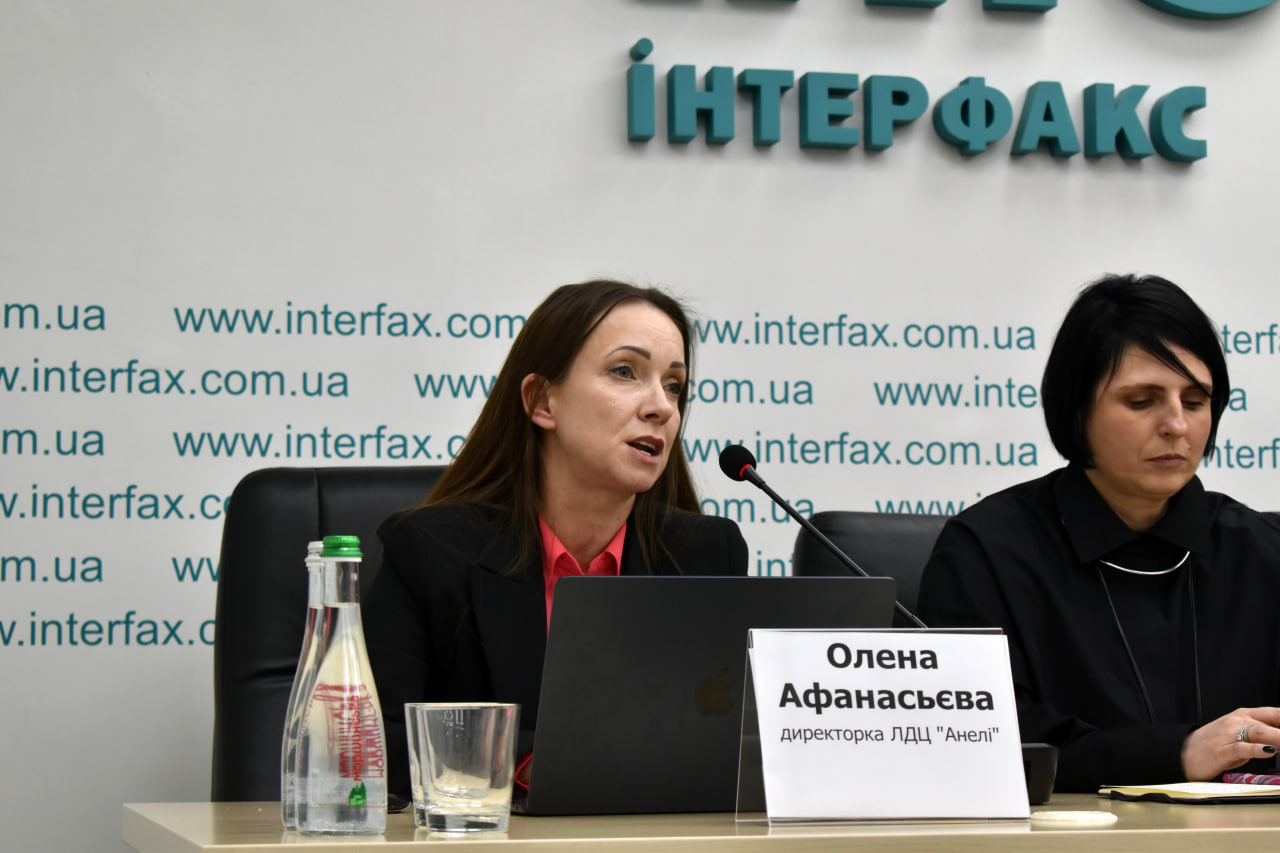
For her part, Oleksandra Mashkevych, medical director of Dobrobut Medical Network, noted that Dobrobut, which is included in the list of critical infrastructure facilities, is also deprived of the possibility of booking.
“Dobrobut Medical Network is a critical infrastructure facility. As far as I know, there are only 11 healthcare facilities classified as critical infrastructure facilities. And I have a question: why we are not included in the resolution on booking 100% of doctors. We will honestly say that our healthcare workers are likely to move to state-owned and municipal facilities, because there is an opportunity to book there,” she said.
As reported, at the end of December last year, the APMH in an open letter to government agencies stated that the Ministry of Health violates the rights of citizens and prevents private institutions from entering the single medical space and the PMG.
Bereznitsky, CLINIC, Havrychenko, MEDICINE, Ministry of Health, Skavronsky, URAKIN, Yeshchenko, Афанасьєва, Зукін, МАШКЕВИЧ